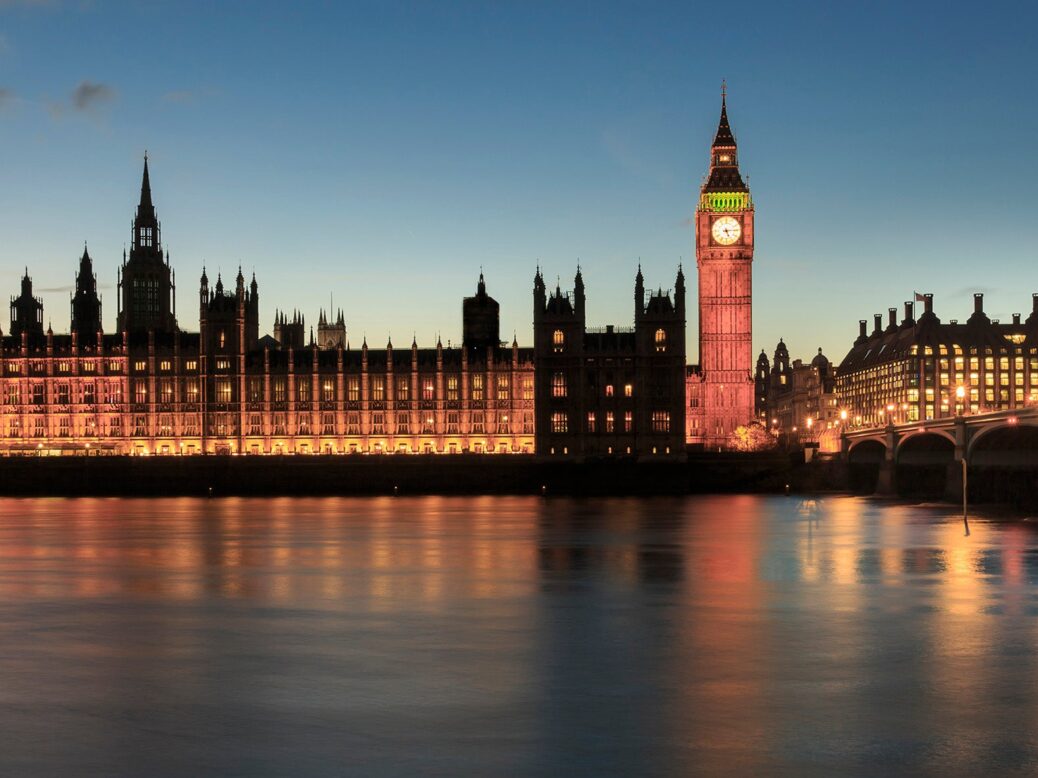
The Conservative rebellion against Boris Johnson’s national insurance hike to pay for health and social care looks likely to be a muted affair this evening. Since rumours of the plans began to break over the weekend, cabinet ministers, Conservative former chancellors and backbenchers have lined up either anonymously or off the record to indicate their unhappiness with the plan – one that goes against their Conservative low-tax instincts, a 2019 party manifesto pledge, as well as, with this choice of tax, targeting younger working people in a way they see as unfair.
But following the plan’s announcement yesterday, Conservative MPs are, reluctantly, falling into line behind it. The tricky back-bench questions for the Prime Minister when he spoke in the chamber never came, and, while some Tory MPs still plan to rebel, many who strongly hinted they would vote against the government have decided not to.
What has changed? The main thing is the Tory sense of pragmatism that has seen the party shapeshift, change leaders and directions time and again to electoral advantage. One Conservative MP says they understand that this health and social care levy is a “flagship policy” of the government – not one they can rebel on lightly without inflicting serious harm on their own brand. A cynic might also wonder if rumours of a cabinet reshuffle before Conservative Party conference – and possibly as soon as tomorrow – have helped to inspire loyalty in the Conservative ranks.
[See also: How Boris Johnson will try to bounce Tory MPs into voting for his tax rise]
There is a second factor that has influenced those on the back benches. Conservative MPs have reluctantly concluded that they will be in a weak position to ask for more money for the NHS in their constituencies if they oppose a levy designed to raise funds for it. Tory MPs are competing against each other for money from the towns fund, levelling-up fund, and for a piece of the pie in new funding for NHS hospitals. They know their negotiating hand is weakened if they rebel.
The third factor in squeezing the rebellion is, quite simply, that Tory MPs think the Prime Minister’s plan is better than they had initially feared. The proposal was first reported over the weekend, before the government had decided the final details of the policy, leaving critics time to get ahead of the story without anyone from No 10 making the case for it. Expanding the national insurance levy to include pensioners in work has done something to allay Tory fears that this is an unfair tax on younger people, as has the dividends tax hike.
That has been further helped by a line in the Institute for Fiscal Studies (IFS)’s snap analysis of the proposals. Although the IFS describes the package overall as “disappointing”, Tory MPs have been quick to pick up on the economics body’s description of the plans as “a broad based and broadly progressive tax increase”, which has made the plan “more palatable”, noted one MP.
There is no enthusiastic support for these proposals among Conservatives. One senior government source admits the plan is “not ideal”, while another would-be rebel admits to not being “over the moon” about it. But it is “swallowable”. They are sticking with it, and Boris Johnson looks likely to have pulled off his first political sleight of hand of the new political year.
[See also: How the tax system squeezes graduates]






